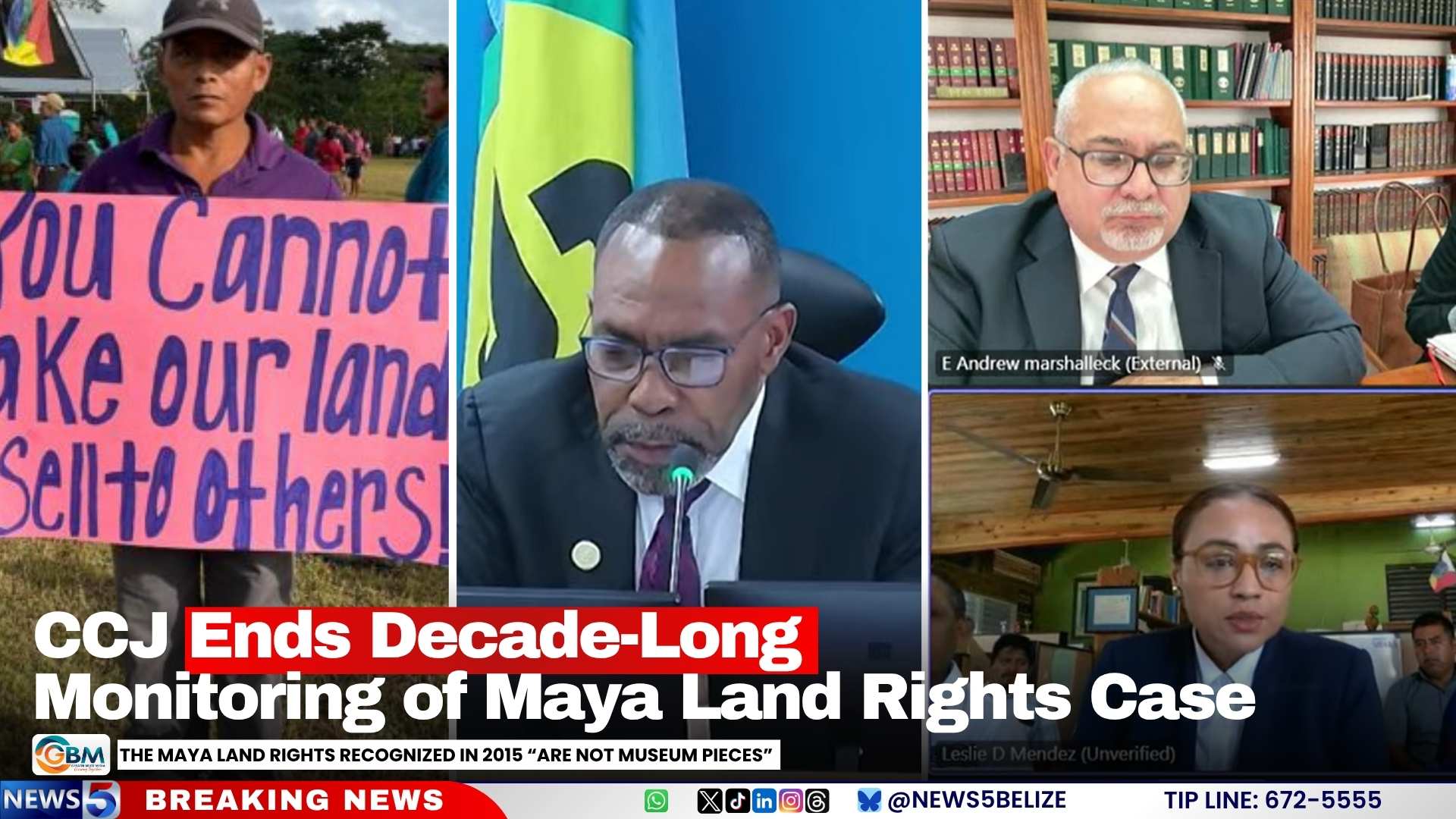The Caribbean Court of Justice (CCJ) has officially ended its 10-year monitoring role in the implementation of the 2015 Consent Order, which affirmed the land rights of Belize’s indigenous Maya people. This landmark order, agreed upon by the Maya Leaders Alliance and the Attorney General, mandated the Belizean government to establish mechanisms safeguarding customary land tenure in southern Belize. However, the conclusion of this legal saga has been met with mixed reactions. Leslie Mendez, representing the Maya communities, voiced deep disappointment during the final compliance hearing, accusing the government of acting in bad faith and persistently denying indigenous rights. She lamented that despite a decade of good faith efforts by the Maya, the government’s recalcitrance has resulted in minimal progress. On the other hand, Andrew Marshalleck, representing the Belizean government, defended the state’s approach, emphasizing the complexity of balancing diverse interests. He acknowledged the imperfections of the proposed legislation but asserted it was a genuine attempt to address Maya land rights while accommodating other ethnic groups. Justice Winston Anderson, presiding over the hearing, expressed satisfaction that the core elements of the order had been implemented, marking the end of the CCJ’s supervisory role. He underscored the importance of the 2015 recognition as a foundation for dignity, development, and peaceful coexistence.
